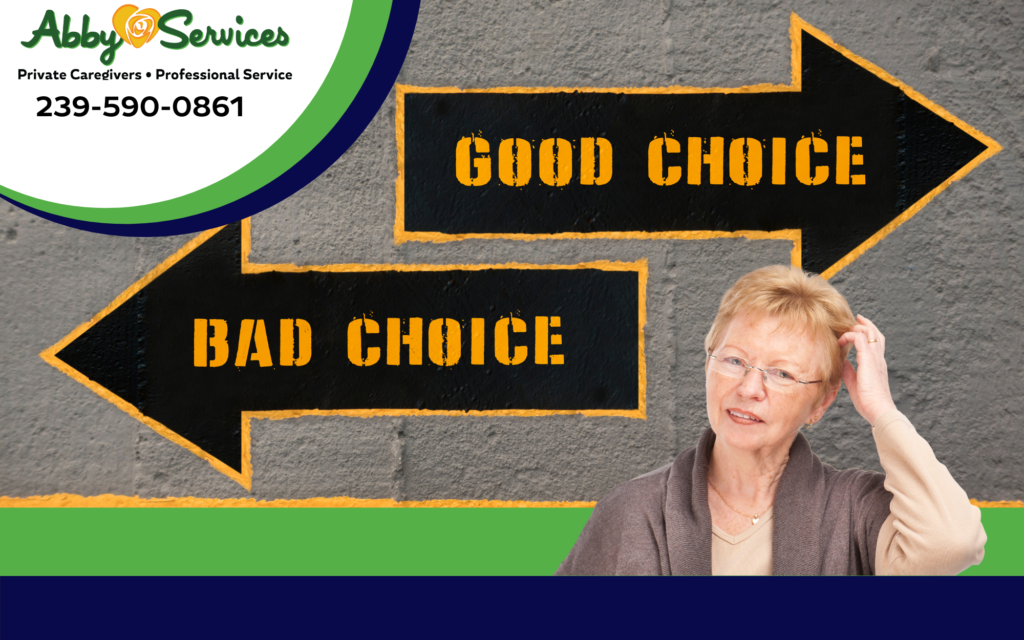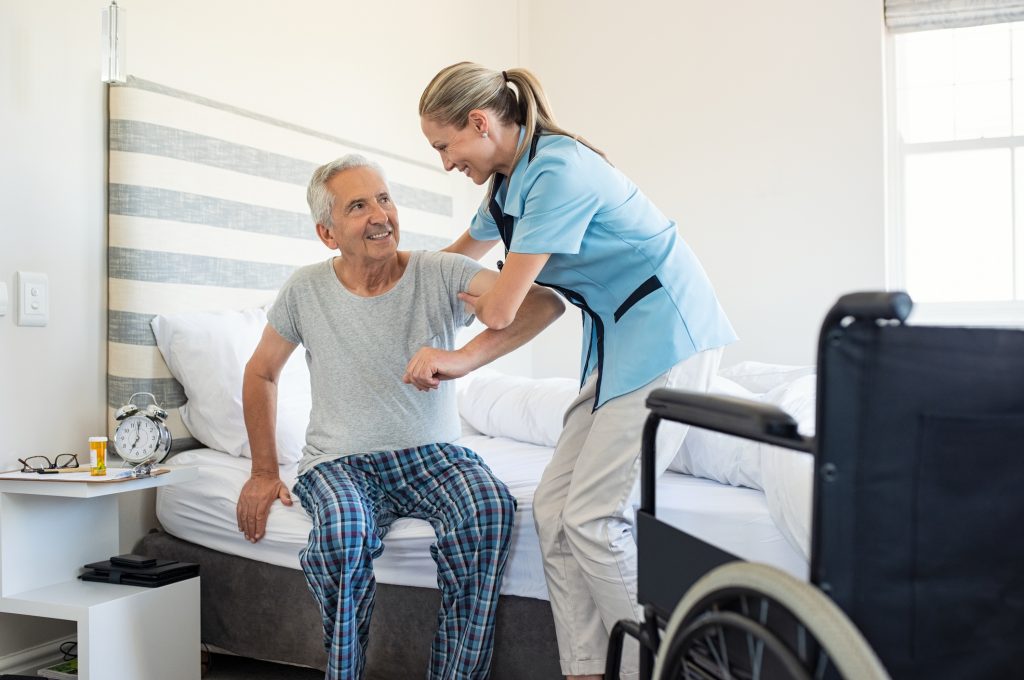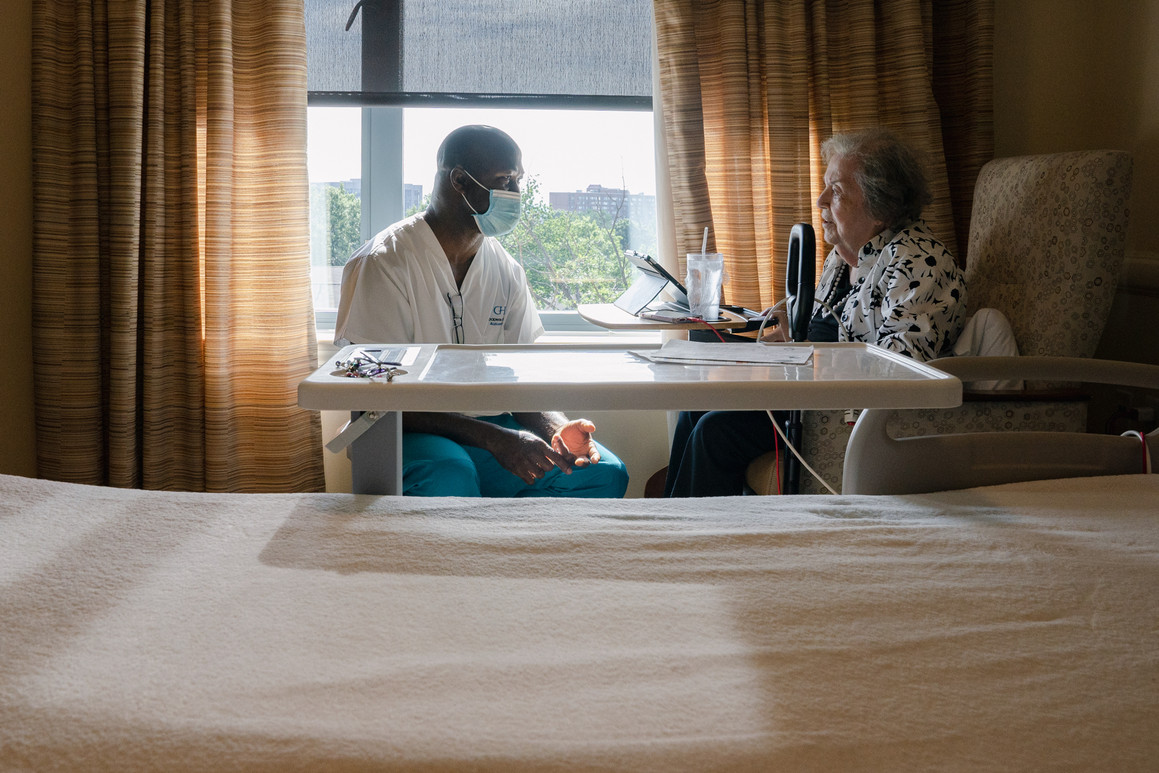
You are not the only one who has ever wondered what a licensed practical nursing (LVN), does. LVNs work in healthcare facilities, caring for the convalescents, disabled, the injured, and the sick. They are also responsible for maintaining patient charts.
LVNs monitor patients' vital signs
LVNs are responsible to provide safe, compassionate, and focused nursing care. They should be attentive to patient needs and evaluate their own competency, skill, training, and competence. When assigning assignments, LVNs need to consider the safety of patients. They are trained to respond to signs and symptoms of deteriorating health.
An LVN performs many tasks, including monitoring patients' vital signs and maintaining patient charts. They provide basic personal care and hygiene as well administer injections and catheters. They can also help patients change their dressings and bathe, as well as administer medication, injections and catheters. An LVN's scope of practice is variable, but they must always be under the direct supervision of a registered physician or nurse.

They keep their charts up-to date
Safe maritime practice includes keeping LVNs' charts up-to date. Not only should LVNs be able to access the most current information but they also have to be able apply the appropriate notices to the charts. Failure to do so is in violation of SOLAS and can put the ship in danger. You may also be subject to port state control officers.
They interact with patients and their families
As a licensed vocational nurse, you'll have many opportunities to provide care to patients. You'll be able to assist with routine and specialized clinical procedures, and interact with patients and their families. LVNs also have many opportunities for advancement, including nurse practitioner and physician's assistant roles.
LVNs who work at emergency departments often have to deal with emergency patients. They must be able to communicate well with families and patients. They need to learn how to use medical equipment and keep patients safe. They are also able to provide extra support in order to maintain operational flow in an emergency room.
They communicate directly with RNs
LVNs assist patients with medical care every day, and they communicate with RNs. They monitor patients and provide medical assistance to them. They work closely with doctors and assist with routine lab testing. A close relationship between the LVNs and their patients results in a high level on-the-job happiness. LVNs also contribute to nursing's core values by promoting health, healing, and hope. They enjoy a diverse and varied work environment and have numerous opportunities for professional advancement.

You can accept orders from a physician assistant as an LVN. However, each order must be verified with the doctor. LVNs are required to perform CPR if a patient dies, unless the patient has a DNR. LVNs will not be able to pronounce the patient's passing, but they will follow orders from a physician for post-mortem treatment and death pronouncement.
They work weekends and nights.
LVNs perform a variety of patient care activities. They can be responsible for triage, patient education, laboratory testing, blood collection, and preparation of patients for examinations. They must be flexible and willingly work nights, weekends, or holidays. LVNs typically work full-time, but some positions may require them to work evenings and weekends.
LVNs work in hospitals and nursing homes where they provide basic healthcare and comfort measures. They may work weekends and holidays with registered nurses or physicians. Some LVNs may also be available to patients in their homes.